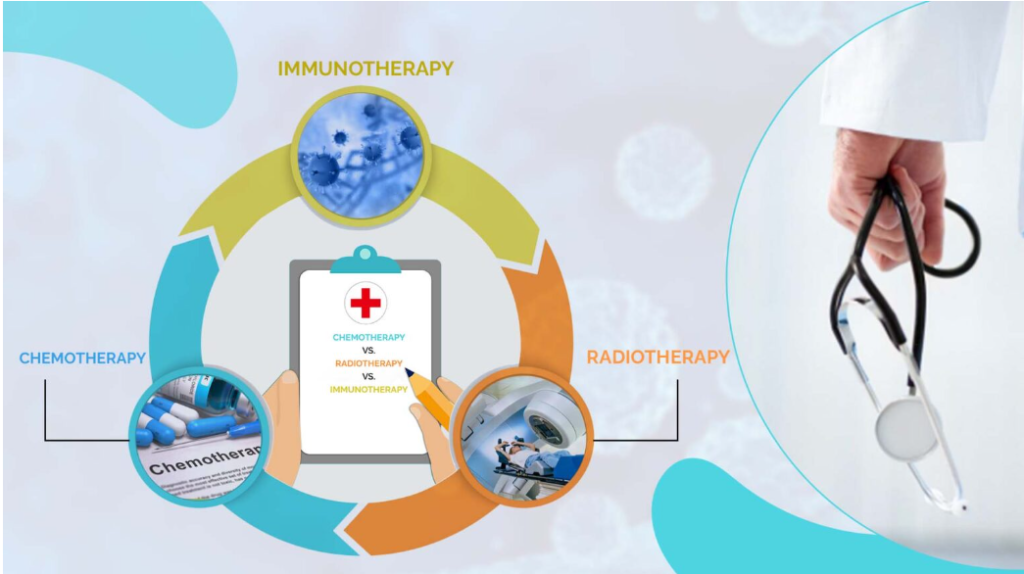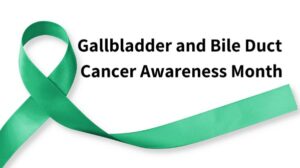The question of the best cancer treatment, specifically whether chemotherapy or radiation therapy is more effective, is complex. This blog post will explore both treatments, highlighting their advantages, disadvantages, and how they are used in the fight against cancer.
Chemotherapy: A Systemic Approach to Cancer Treatment
Chemotherapy is a widely used cancer treatment that involves using drugs to destroy cancer cells. These drugs can be administered in various ways, including intravenously, orally, or topically. The primary advantage of chemotherapy is its systemic nature; it can target cancer cells throughout the entire body. This makes it especially effective for cancers that have metastasized or are at risk of spreading.

One of the key benefits of chemotherapy is its ability to treat a wide range of cancers. Whether it’s breast cancer, lung cancer, leukemia, or lymphoma, chemotherapy has proven to be an effective option. However, this treatment is not without its drawbacks. The systemic nature of chemotherapy means it can also affect healthy cells, leading to side effects like hair loss, nausea, fatigue, and increased risk of infection. These side effects can vary in severity and duration, depending on the type and dose of chemotherapy used.
Radiation Therapy: Targeted Cancer Destruction
Radiation therapy, on the other hand, offers a more localized approach. This treatment uses high-energy X-rays to destroy cancer cells. It can be delivered externally, using a machine to direct the rays at the cancer, or internally through implantable radioactive seeds. The precision of radiation therapy makes it an excellent choice for tumors that are localized and haven’t spread.
The primary advantage of radiation therapy is its ability to target specific areas, minimizing damage to surrounding healthy tissues. It’s particularly effective for certain types of cancer, such as prostate cancer, brain tumors, and cervical cancer. However, like chemotherapy, radiation therapy also has its disadvantages. Side effects may include skin irritation, fatigue, and, in some cases, more serious complications like organ damage, depending on the area being treated.
Choosing the Right Treatment: A Patient-Centric Approach
The choice between chemotherapy and radiation therapy is not a one-size-fits-all decision. It heavily depends on the type and stage of cancer, the patient’s overall health, and other individual factors. For instance, early-stage cancers might be effectively treated with radiation therapy alone, while advanced or metastatic cancers might require the systemic approach of chemotherapy. In some cases, a combination of both therapies is the most effective course of action.
Moreover, the decision is also influenced by the patient’s ability to tolerate certain treatments. The side effects of both chemotherapy and radiation can be demanding, and the patient’s physical condition, age, and other health factors play a crucial role in determining the most suitable treatment.
Read also:
Guarding Against Cancer Recurrence: Strategies for a Healthier Tomorrow
Understanding Chemotherapy and It’s Side Effects
Conclusion: A Balanced and Tailored Approach in Cancer Treatment
Both chemotherapy and radiation therapy are critical tools in the fight against cancer. Each has its strengths and weaknesses, and the best treatment plan is one that is tailored to the individual needs of each patient. It’s essential for patients to have a thorough discussion with their oncologists to understand the potential benefits and risks of each treatment option.
In conclusion, there is no clear winner in the debate between chemotherapy and radiation therapy. The most effective cancer treatment is one that considers the unique circumstances of each patient and utilizes the strengths of each modality to achieve the best possible outcome. As medical science advances, the hope is for even more targeted and effective treatments to emerge, minimizing side effects and maximizing the chances of successful recovery.





